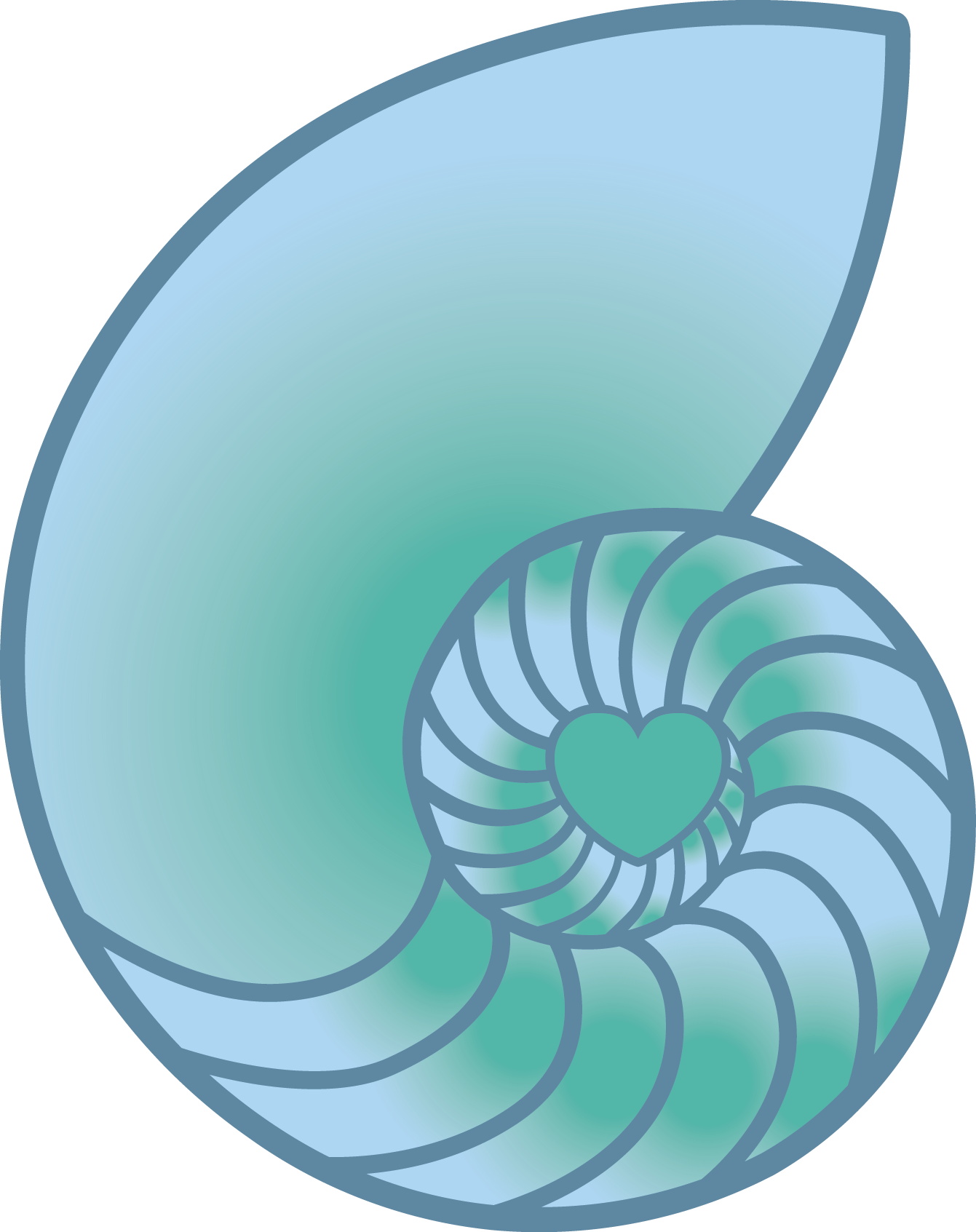The 10-month Living Courage Cohort brings together people from many backgrounds. Given its roots as Courage to Teach 21 years ago, teachers are able to receive graduate credit for the course through Castleton University. Assignments culminate in projects that encompass exploring personal and professional courage. Stacy Raphael is a teacher in Addison County. She shares her reflection and project as an example of what participating in a year-long Courage practice can spark:
As I reflect, I am filled with gratitude and awe for the structure of Courage, and the expectation to process the year through the creation of written and creative products as a part of our cohort graduate course. 2020 has been a year unlike any other and, as such, I knew the song I needed to write would transcend the personal to encompass both the political and professional.
I’d had a powerful experience reading Stamped: Racism, Antiracism, and You by Ibram X. Kendi and Jason Reynolds throughout the pandemic with my freshmen, discussing as best we could through Zoom video calls, the long history of racism in our country. Little did I know we’d end up in a major race dialogue in this nation, driven by the murder of George Floyd in Minnesota at the end of May.
This compelled me to read more--books by Beverly Tatum, Ruth King, and Bettina Love. These authors’ voices engaged me in important inner dialogues but, I noted, my writing and exploration in Wholeheart’s Courage cohorts had always been highly personal--sometimes professional. Now, however, I needed to overlay my political voice and my songwriting voice in a united effort.
I reached out to my friend and bandmate, Jom, to ask if he wanted to collaborate on a song to process the events we were all collectively experiencing. He got some thoughts down, and then I added a counterpoint--a kind of call and response. It worked. Further, it gave me a sense of what my songwriting voice might sound like in the political arena.
My next breakthrough emerged when I started reading Resmaa Menakem’s phenomenal book, My Grandmother’s Hands. As I read further, I began to find my way to the song I eventually produced for this course, Things Fall Apart. It was a seismic shift to assert that political and social change were not going to come without a deeply personal investment in individual and communal healing. This healing needed to encompass--and extend beyond--our own lives and lifetimes. If racism lives in the body first and foremost, as Menakem asserts, we cannot excise it through the mind. We can however find grace in lifting our voices, reckoning with our own lineage of suffering. In this way, we work to ensure we do not replicate or transmit the same harm onto future generations.
Things Fall Apart
Chorus
“Back to the source, going all the way
History is coursing through the blood in our veins
Back to the source, when hate paved the way
to this broken heart.”
The ultimate conclusion of this journey is that it takes courage to heal the wounds we don’t want to--or perhaps cannot yet--see. Courage gives us the strength to stand in the tragic gap, to face the dark and know that it is part of the world, not to be feared or avoided. This is where I locate myself as I launch into this new year of uncertainty in a global pandemic, committed to grappling with my own racism and trauma, metabolizing it through clean pain--like finding the words to the song and then singing it out loud, as the spell works itself on me in new and mysterious ways.
- Stacy Raphael
Stacy Raphael is a middle and high school humanities teacher in rural Addison County and has been part of the Vermont Courage Cohort for nearly 10 years. Originally from Seattle, she met and married a Vermonter and eventually settled near his hometown in Vergennes, where they are raising two awesome, kind, and funny kids. Outside of teaching and parenting, Stacy is a songwriter and performs with two different bands. Her song, Things Fall Apart, will make its public debut with her band, Unruly Allies on Sunday, October 18th at Out & About in Essex.


